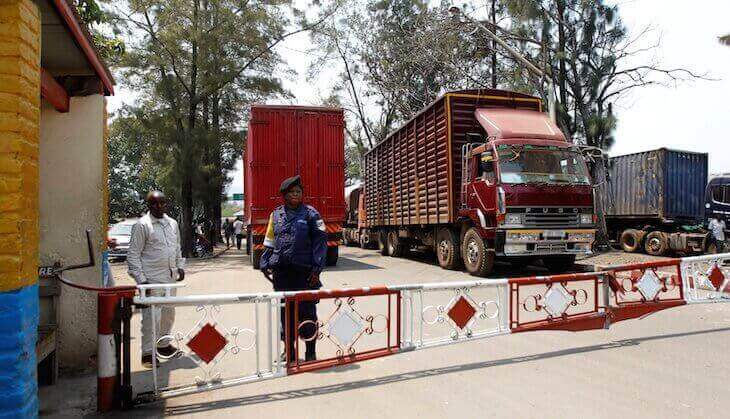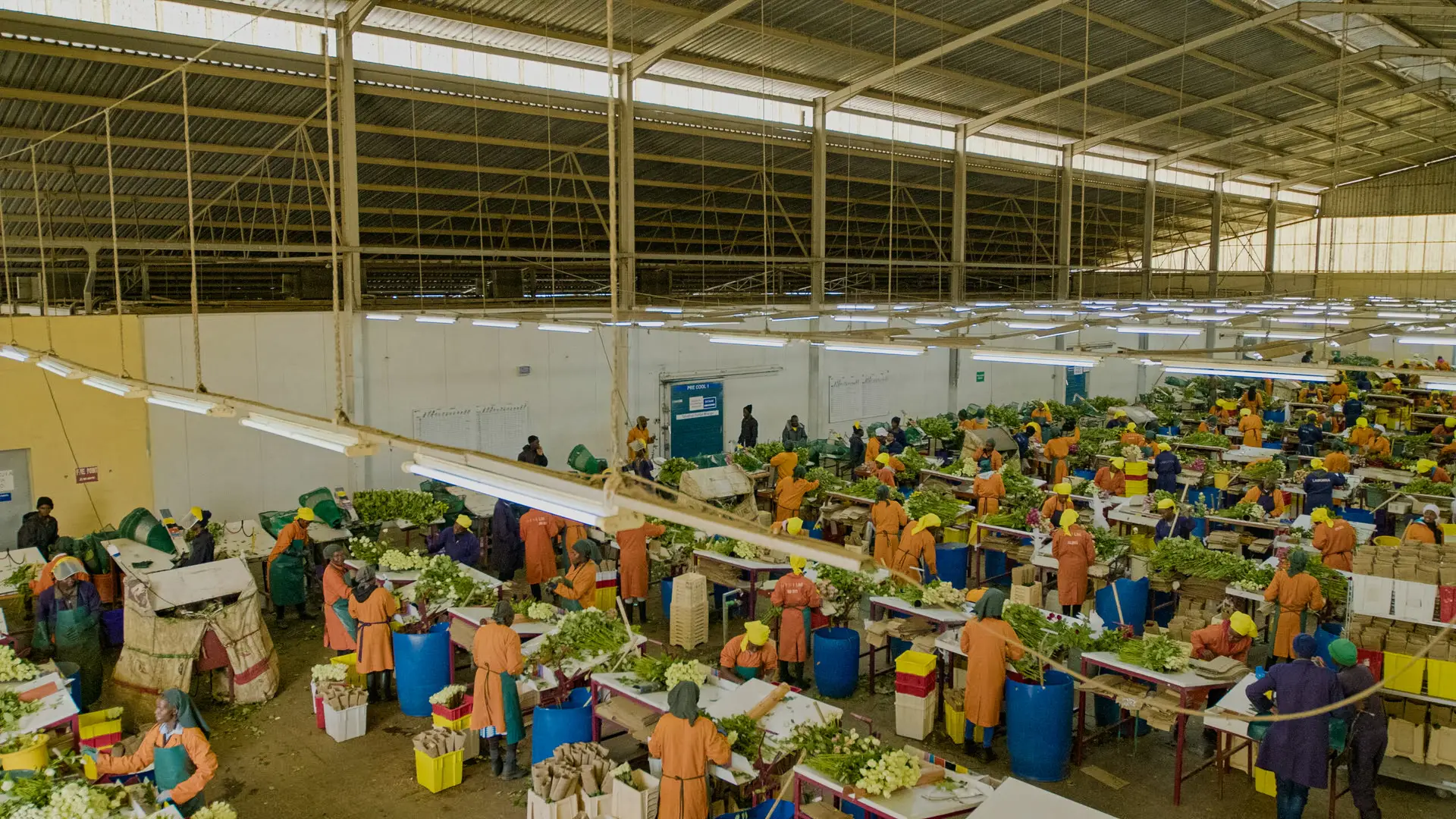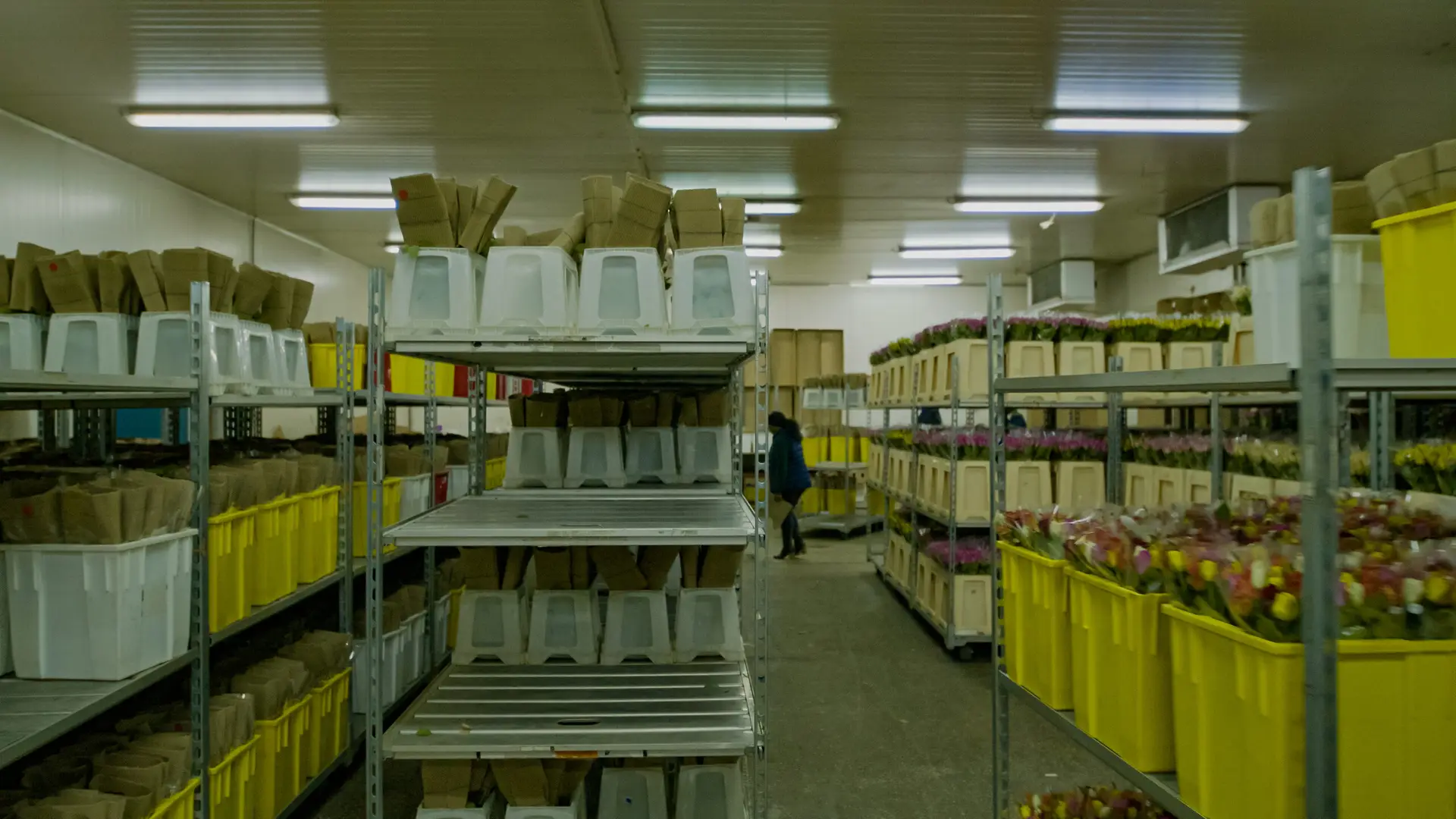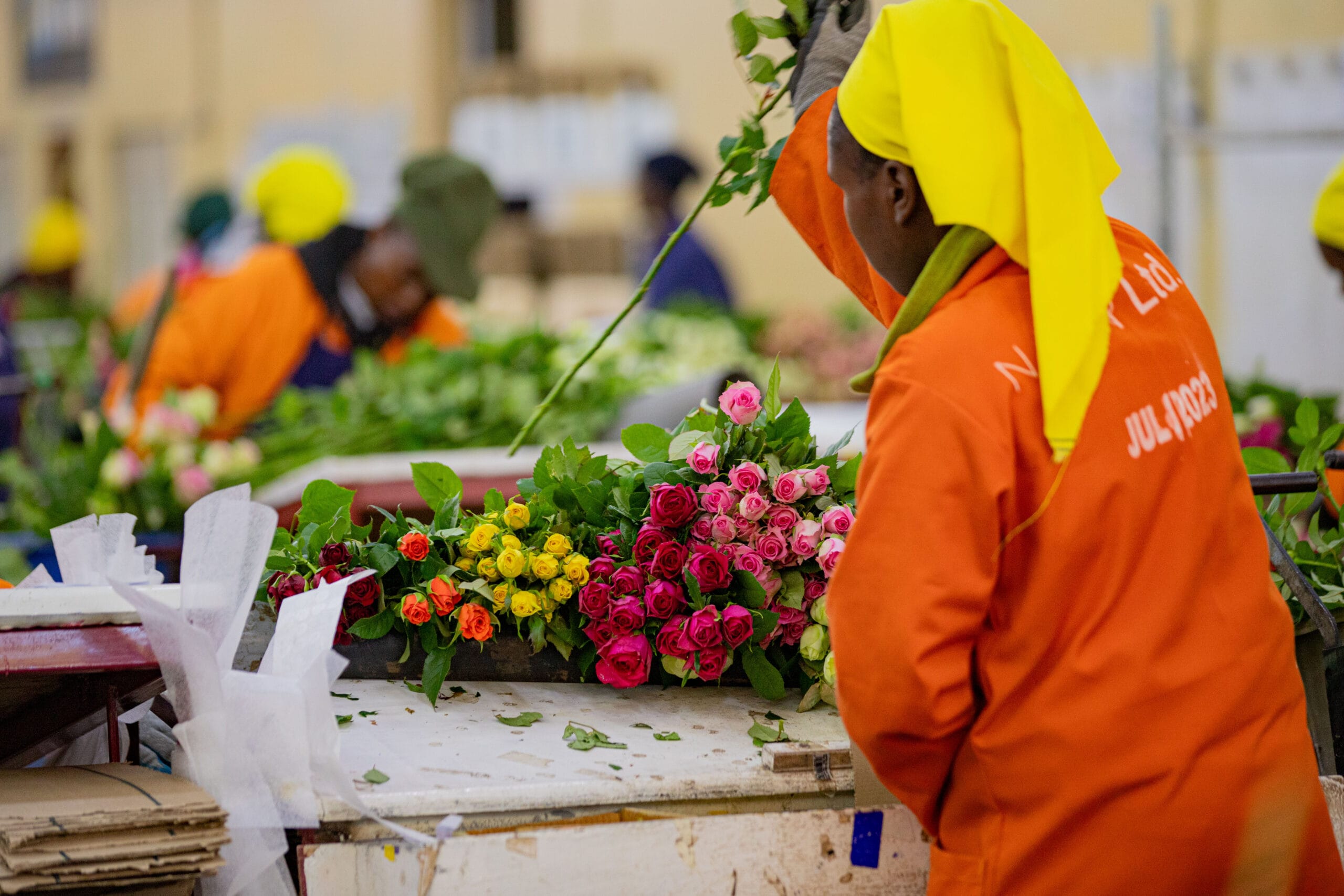Project Brief
Trade Logistics Information Pipeline (TLIP)

Implementation Partners
Kenya Revenue Authority, IOTA

Implementation Period
Phase 1: 2016 – 2023
Phase 2: 2023 – 2030

Project Participants
Importers, Exporters, Clearing Agents, Government agencies involved in international trade

Funding Partners
UK, Netherlands





Project Rationale
International trade is heavily reliant on the generation, transmission, and storage of information. A major challenge hindering trade flows is the inefficient exchange of information between actors across borders. The absence of an integrated framework makes tracking goods and services in transit nearly impossible, preventing accurate accounting. Current information exchange relies on costly, inefficient, inaccurate, and non-transparent manual documents from third parties, often unsynchronised with the movement of goods. This raises concerns about fraud and document loss, causing delays that impact the quality and competitiveness of perishable exports.
In 2016, TMA with the backing of the Netherlands and the UK, and in partnership with IOTA, initiated the Trade Logistics Information Pipeline (TLIP) funding its innovation and securing the political buy-in needed to make it possible. TLIP is a pioneering digital platform for the secure exchange of trade information across borders and among stakeholders. By leveraging distributed ledger technology and bilateral agreements between East Africa and its trading partners, TLIP delivers transparent, efficient, and cost-effective management of trade data. The system strengthens trust and visibility across the supply chain, boosts competitiveness by streamlining the generation, transmission, and storage of information, and connects East Africa’s trading community seamlessly to the global marketplace. Its architecture supports scalability, interoperability with other blockchain systems, and a low carbon footprint, positioning TLIP as a model for the digitalisation of trade under the WTO Trade Facilitation Agreement.
TLIP is built on the IOTA Tangle distributed ledger technology, offering the following advantages:
- Scalability – to accommodate a growing number of participants and increasing network traffic.
- Decentralisation – removing single points of failure for near-continuous uptime and enabling broad participation.
- Low cost – ensuring economically viable operations, even at scale.
- Security – safeguarding devices, people, and stored data and value.
- Energy efficiency – maintaining a low carbon footprint.
- Standardisation – enabling compatibility between any participant and any type of interaction.
Progress – Case study: Kenyan Flower Exports to The Netherlands
A proof of concept for TLIP was tested on flower shipments from Nairobi to Royal Flora in the Netherlands, showcasing the system’s potential to transform cross-border trade. Exporting flowers from Jomo Kenyatta International Airport traditionally requires signatures from three agencies and six separate documents detailing origin, chemical treatment, quality, and customs duties. Under TLIP, the Kenyan farmer, consolidator, or freight forwarder initiates the consignment via the National Single Window System, triggering automatic updates across the TLIP platform. From that point, every step was captured in real time: inspection of the flowers, sealing of the refrigerated container, truck collection, and customs approval. This information was simultaneously shared with the airport, enabling it to prepare for shipping in advance. All relevant documents and actions were recorded digitally and were instantly visible to authorised participants, showing when and by whom each step was completed, the location of the goods, and who has custody. The result was a faster, more transparent export process that protected product quality and strengthened trust between trading partners.
Implementation Strategy
TLIP will be rolled out in four stages: securing agreements and governance, deploying the digital infrastructure, piloting real-time document exchange on priority trade corridors, and scaling to more countries and markets. Integrated with existing national systems and built on secure distributed ledger technology, TLIP will enable paperless, trusted, and efficient trade information sharing. Capacity building, strict data security, and ongoing monitoring will ensure sustainable impact, while risks are managed through redundancy, political engagement, and a blended donor–private financing model. Kenya is, as of 2025, pursuing strategic partnerships with at least two markets to enable advance information exchange for targeted exports and imports.

